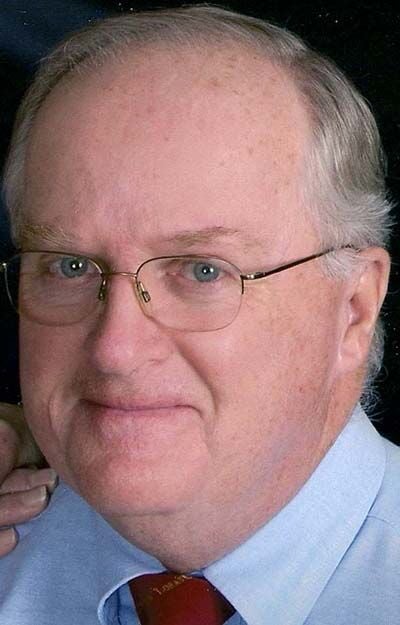I’m not going to discuss the micro and macro strategies for using today’s social and business media to help you find your next job. Rather I’m going to discuss my own personal career history to highlight how seemingly insignificant events can propel your career forward while revealing timeless lessons that are as relevant today as they were many years ago.
Returning home from a military enlistment that consisting mostly of administrative and human resource duties, I decided to focus my job search in that area by visiting a local government agency.
The office assistant (i.e. office gatekeeper) politely told me there were no job openings. However, I wanted to leave something behind to memorialize my visit, so she agreed to my request to complete an employment application.
Unknown to the office assistant there was a job opening, not yet advertised, and one that fit my qualifications perfectly. The human resources director returned to his office moments after I left, reviewed my application and called me back as I was entering my car. The agency had received federal funds designed to hire recently discharged and unemployed veterans.
The office assistant had been instructed to mark her first impression on the applications of visiting job seekers, by using a favorability scale of 1, 2 or 3. My 1.5 score was good enough to be invited back for the screening interview, and shortly thereafter, hired for a job that launched my HR career.
I learned three lessons from that experience.
First, don’t leave a potential employer’s office without leaving behind some evidence of your visit, such as a resume, application, follow-up letter, etc.
Had I just walked away after being informed there were no openings, there is the strong possibility that my HR career would never have happened.
Second, never step on the property of potential employers without presenting a professional appearance and engaging employees in a professional manner. You are going to observed and judged without your knowledge the moment you arrive.
In my time as a HR manager, people would sometimes visit my office in tank tops and flip-flops, excusing their appearance by claiming that they just wanted to quickly drop off a resume or pick up an application. That’s a mistake. We don’t care that you’re busy and have only a moment or two. That unfavorable first impression stays with you and might influence the final hiring decision.
Third, many highly sought after jobs are never listed for fear of attracting too many applicants or inquiries. If a respected employer offers an application or invites a resume, submit it. If it’s a confidential inquiry, say so.
A second experience taught another important lesson.
While working for an employment agency, one of my clients, a health care organization, posted an opening with us for a HR director that interested me.
To avoid a conflict of interest, I transferred the job order to a co-worker before applying. I liked my chances since I had been referring applicants to this employer for a couple years and knew their workforce needs.
However, I was concerned that they would focus their attention on those applicants currently working in a health care setting.
Surprisingly, I was hired, with a significant factor being a strong recommendation from a nurse manager in the health care section of a previous organization where I had demonstrated strong collaborative skills with the nursing staff.
The lesson seems obvious: Exemplary work with former employers often opens doors for future advancement as you reach for the next rung on your career ladder.
When managing your career, pay attention to the little things and the big things will often take care of themselves.


